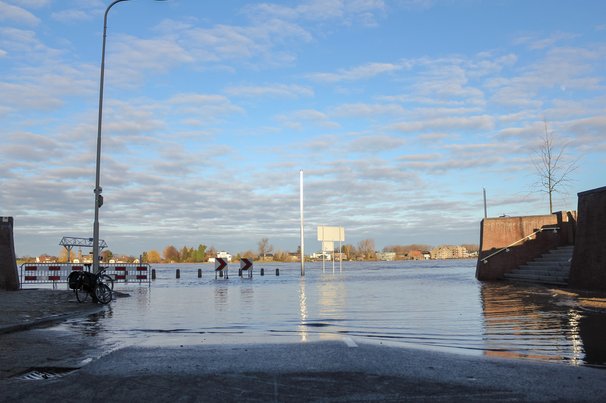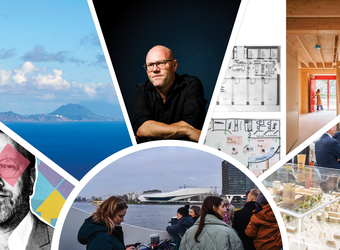1 september 2011
2 minuten
Onderzoek Metropolitan regions are becoming increasingly important as places to live, work, play and exchange information and culture. While these regions in many parts of the world are growing phenomenally, those in Europe face different challenges: how to retain a high quality of life while still promoting economic growth, how to modernize and regionalize their transportation systems, how to make the shift towards sustainable energy and food production and how to keep alive regional identity and local democracy in a rapidly globalizing world.
The polycentric Dutch Randstad and South East England, with London at its core, face remarkably similar challenges. These challenges and the potential solutions formed the basis of a collaboration between LSE Cities, PBL Netherlands Environmental Assessment Agency and the Dutch Ministry of Infrastructure and the Environment.
The study investigated how regional authorities in the Randstad and South East England can promote access to both jobs and open space for all income groups, how planners should respond to moderate economic growth or even decline and how metropolitan areas can become more viable and sustainable places to live and work. By presenting facts and figures on South East England and the Randstad and by positioning them in the context of analysis and explorative thinking about what makes cities strong, the publication seeks to inspire debate on the future of the regional metropolis.
The research suggests that regional narratives, namely tales about a region’s future, is vital for mobilizing action and creating metropolitan identities. Strategic plans to guide development over a medium-to-long term can be used as ways to visualize and discuss these narratives and provide a framework for local action.
Cover: ‘Thumb_stad en kapitaal_0_1000px’





